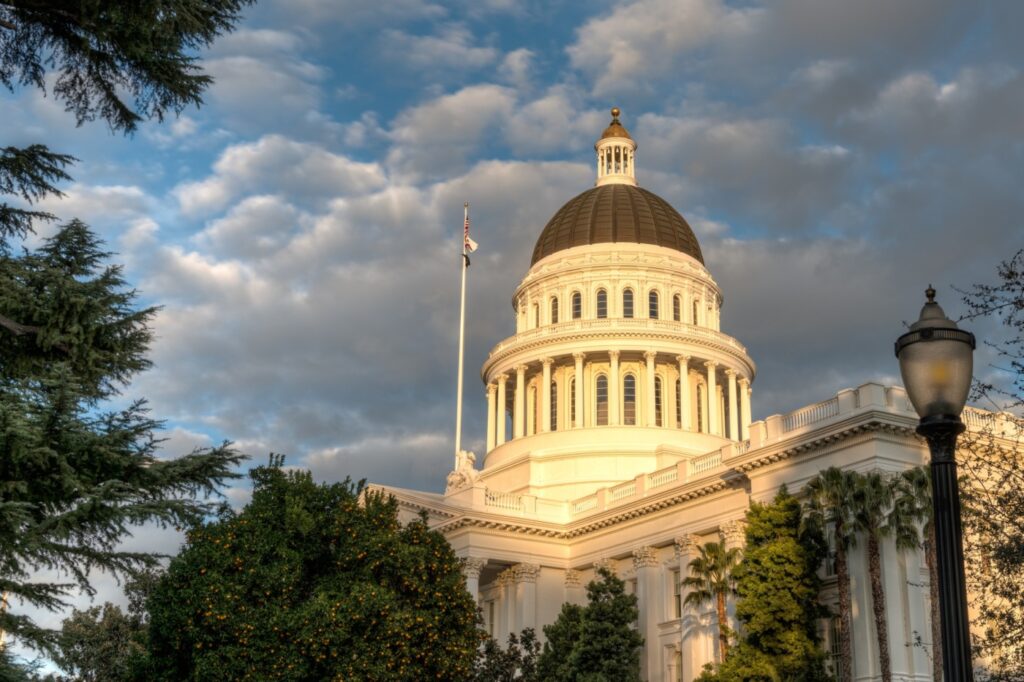
This November, Californians will have the opportunity to vote on numerous state and local ballot measures in addition to candidates for public office. The ballot measures include local tax measures seeking approval of various parcel tax hikes, sales tax increases and dozens of other local levies. But some of those taxes, even if passed, may not stick.
Under Proposition 13, enacted in 1978, local special taxes require a two-thirds vote of the local electorate. For 40 years, the two-thirds vote requirement was settled law under the clear language of the state constitution.
However, an increasingly progressive California judiciary has declared virtual war on taxpayers. As just one example, Prop. 13’s long-standing requirement that a local special tax receive a two-thirds vote of the electorate has been virtually destroyed since 2017 by the infamous Upland decision, which gave tax-and-spend interests a template on how to slip those tax hikes through on a simple majority vote.
For that reason, a broad coalition of taxpayer organizations, businesses and property owners of all stripes have joined to advance a new initiative, the Taxpayer Protection and Government Accountability Act, to close the Upland loophole. It will reinforce voter intent behind Proposition 13 and other taxpayer protection laws, all of which were designed to bring some semblance of sanity to California’s out-of-control taxes. Although the initiative won’t appear on this November’s ballot, it is slated for November of 2024, it will have a profound impact on many of the local taxes being voted on this November.
The Taxpayer Protection and Government Accountability Act will also give voters the final voice on statewide tax increases. New and higher taxes already need a two-thirds vote in the Legislature. The initiative adds a requirement for voter approval as well.
Moreover, the Act reaffirms the will of voters when they passed Prop. 218 and Prop. 26 by clearly defining what is a tax and what is a fee or exempt charge, addressing recent court decisions that overturned decades of established taxpayer protections, including the Upland decision.
Other protections in the Act include a requirement that local elected governing bodies, not unelected boards and commissions, approve fees and other cost increases. And it requires that any tax placed on the ballot must be clearly labeled on the ballot as a tax increase, not disguised with misleading language.
Proponents of the Act were aware that local governments would attempt to exploit the loopholes courts created by placing as many tax increases as possible on this November’s ballot before voters have a chance to approve the Act in 2024.
Related Articles
Zoning is ruining Southern California cities
Vin Scully’s passing leaves us speechless
Why are there so few homeless people in Western Europe?
The disastrous story of Eric Garcetti’s ambassadorship nomination drags on and on
Takeaways from Heather Mac Donald’s recent crime talk in Orange County
But the good news is that, under the terms of the Act itself, any new tax imposed in 2022 or later must comply with the Act or be deemed invalid. Proponents of the Act are putting all local governments on notice that if they attempt to impose taxes in violation of the Act between now and November of 2024, they must be prepared to cease collecting those tax hikes or bring them into compliance by seeking the required two-thirds vote.
Fundamentally, the slew of taxes appearing this November simply are not needed. California already has the highest income tax rate, highest state sales tax rate and highest gas tax in America. And despite claims that Proposition 13 has resulted in low property taxes, that isn’t true. California ranks 14th out of 50 states in per capita property tax collections.
Voters shouldn’t believe the “sky is falling” fearmongering coming from opponents of this measure. They made the same claims about Prop. 13. But just like Prop. 13, the Taxpayer Protection and Government Accountability Act is a critically important and long-overdue protection for working families and small businesses.
Jon Coupal is president of the Howard Jarvis Taxpayers Association.
